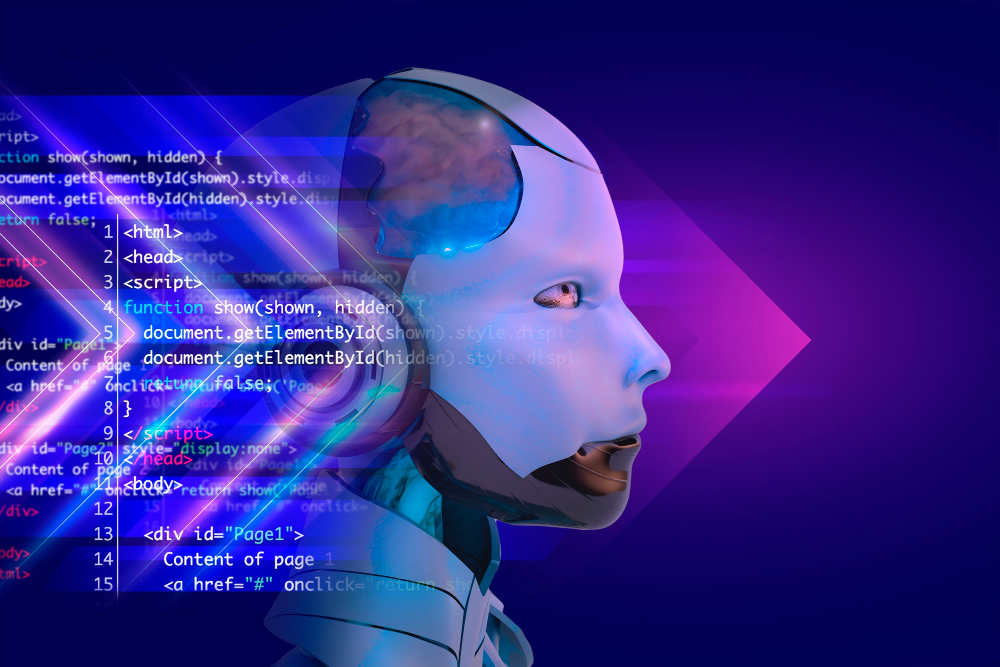Kapwing research reveals that AI-generated ‘slop’ and brainrot videos now dominate a significant portion of YouTube feeds, accounting for 21–33% of the first 500 Shorts seen by new users.
These rapidly produced AI videos aim to grab attention but make it harder for traditional creators to gain visibility. Analysis of top trending channels shows Spain leads in AI slop subscribers with 20.22 million, while South Korea’s channels have amassed 8.45 billion views.
India’s Bandar Apna Dost is the most-viewed AI slop channel, earning an estimated $4.25 million annually and showing the profit potential of mass AI-generated content.
The prevalence of AI slop and brainrot has sparked debates over creativity, ethics, and advertiser confidence. YouTube CEO Neal Mohan calls generative AI transformative, but rising automated videos raise concerns over quality and brand safety.
Researchers warn that repeated exposure to AI-generated content can distort perception and contribute to information overload. Some AI content earns artistic respect, but much normalises low-quality videos, making it harder for users to tell meaningful content from repetitive or misleading material.
Would you like to learn more about AI, tech and digital diplomacy? If so, ask our Diplo chatbot!










